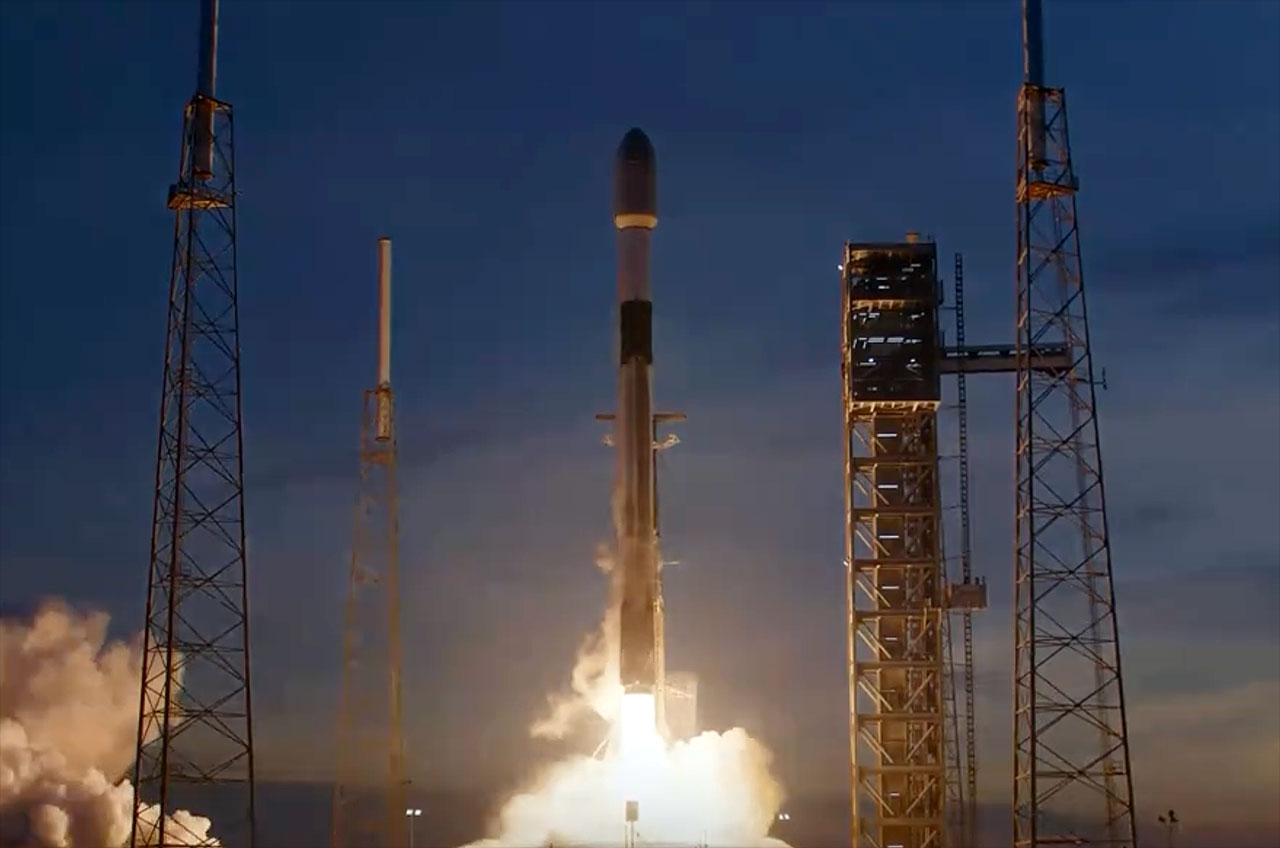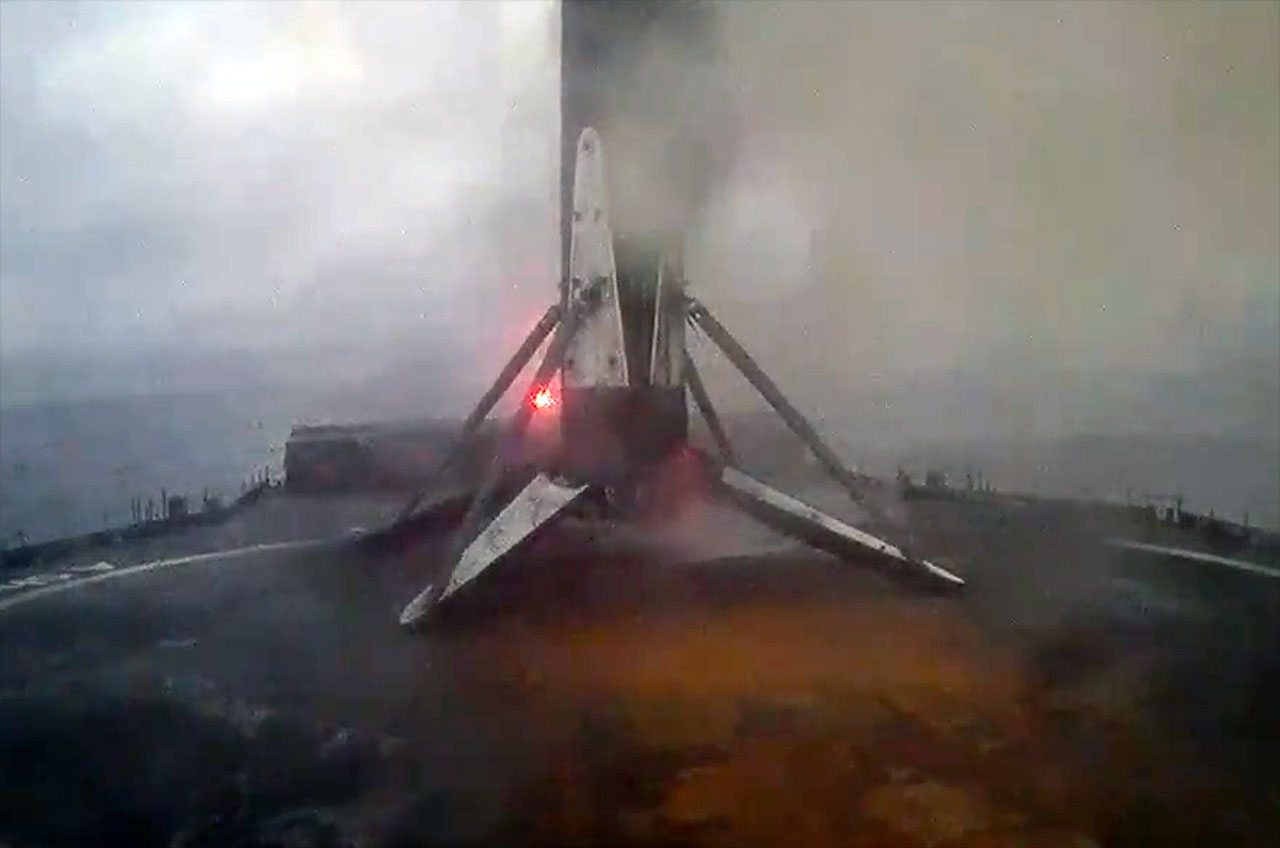SpaceX launched 23 more of its Starlink internet satellites to orbit on Sunday (Jan. 7).
A Falcon 9 rocket carrying the Starlink spacecraft lifted off from Florida's Cape Canaveral Space Force Station at 5:35 p.m. EST (2235 GMT).
Related: Starlink satellite train: How to see and track it in the night sky

To plan, the Falcon 9's first stage came back to Earth about 8.5 minutes after liftoff, touching down on the drone ship A Shortfall of Gravitas, which was stationed in the Atlantic Ocean off the Florida coast.
It was the 16th launch and landing for this particular booster, according to a SpaceX mission description.
The Falcon 9's upper stage, meanwhile, continued hauling the 23 Starlink satellites to low Earth orbit, where they were to be deployed about 65.5 minutes after liftoff.

This was the third orbital launch of 2024 for SpaceX. And there will be many more to come; SpaceX representatives have said the company aims to launch 144 missions this year, which would smash its record of 98, set in 2023.
Get the Space.com Newsletter
Breaking space news, the latest updates on rocket launches, skywatching events and more!
There's more spaceflight action on tap later in the night — well, early Monday morning (Jan. 8). United Launch Alliance intends to launch its Vulcan Centaur rocket for the first time ever Monday at 2:18 a.m. EST (0718 GMT), sending the private Peregrine lander toward the moon. You can watch that here at Space.com, courtesy of NASA TV.
Join our Space Forums to keep talking space on the latest missions, night sky and more! And if you have a news tip, correction or comment, let us know at: community@space.com.

Michael Wall is a Senior Space Writer with Space.com and joined the team in 2010. He primarily covers exoplanets, spaceflight and military space, but has been known to dabble in the space art beat. His book about the search for alien life, "Out There," was published on Nov. 13, 2018. Before becoming a science writer, Michael worked as a herpetologist and wildlife biologist. He has a Ph.D. in evolutionary biology from the University of Sydney, Australia, a bachelor's degree from the University of Arizona, and a graduate certificate in science writing from the University of California, Santa Cruz. To find out what his latest project is, you can follow Michael on Twitter.









